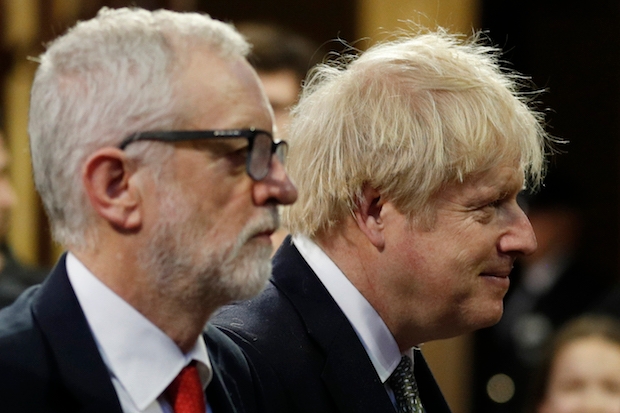One of the most striking things about the government’s Queen’s Speech was Boris Johnson’s focus on where the country could be in ten years’ time:
‘Mr Speaker, this is not a programme for one year, or one Parliament it is a blueprint for the future of Britain. Just imagine where this country could be in ten years’ time. Trade deals across the world, creating jobs across the UK, 40 new hospitals, great schools in every community, and the biggest transformation of our infrastructure since the Victorian age.’
Rather than simply focus on what his government would do in the five-year term he won last week, the Prime Minister talked about longer term change. This chimes with what Johnson allies privately hope for – a fifth term for the Tories. This would be unprecedented – no party has ever won a fifth term.
Yet some Tory MPs already view their chances of doing this at 50/50. Clearly, this is far ahead and too much of a focus on the next election would be seen as the Tories getting ahead of themselves. However, the demographic shift in the people voting Tory means that this has become a matter of discussion. There’s a hope within government that the result of the 2019 election paves the way for Johnson winning a second term if they can keep the former Labour Leave voters who backed them last Thursday. MPs tend to get bounce in their first general election, just look at how few of the seats that the Tories lost in 2017 went back to the party.
It was notable that Johnson found special praise today for Eddie Hughes, the MP for Walsall North. He was picked as the seconder to the humble address and Johnson praised Hughes for increasing his vote share. Hughes is one of a handful of Tory MPs who entered parliament in 2017 – winning their Leave-voting seats from Labour. While Theresa May failed to demolish the red wall as Johnson did, her election showed that it had the potential to work.
Seats like Walsall North and Ben Bradley’s seat of Mansfield are the cause of much encouragement in the Tory party. Both were Labour strongholds which voted heavily to Leave and turned blue in 2017. The voters here are the type of voters Johnson describes now as having lent their votes to the Tories. The voters he is so keen to convince to stay with a package of delivering Brexit, higher NHS spending and tougher sentencing. Or, as Walsall put it in his speech today: ‘Walsall North is like many of the constituencies we’ve just won, it’s among the most deprived constituencies in the country.’
In the election, both Hughes and Bradley’s vote shares rose. Hughes went from a majority of 2,601 to 11,965 while Bradley’s majority went from 1,057 to 16,306. If the Tories can transform more so-called votes on loan in the red wall in the way Hughes and Bradley have, it will be increasingly hard for Labour to carve a route back to power.







Comments